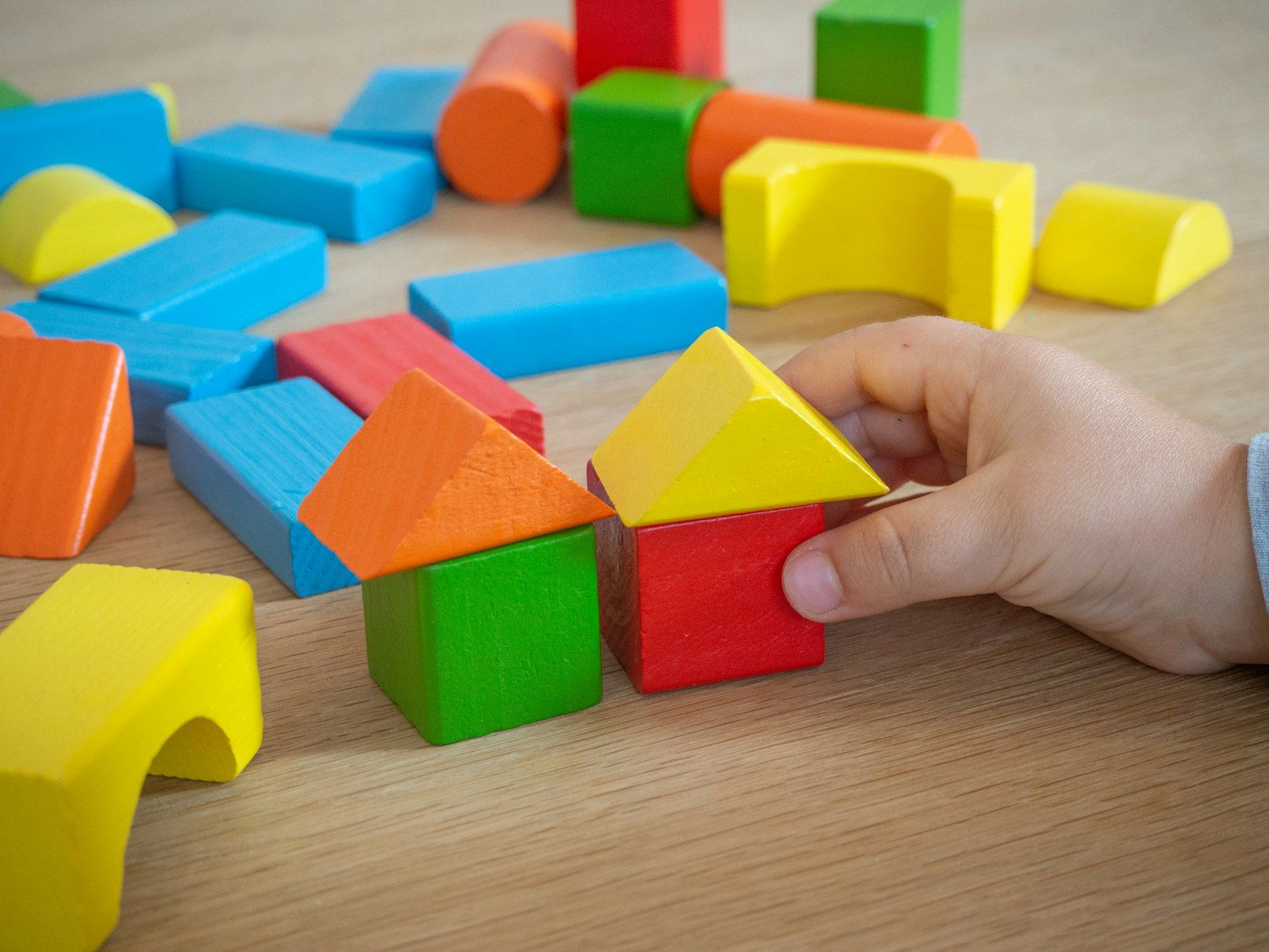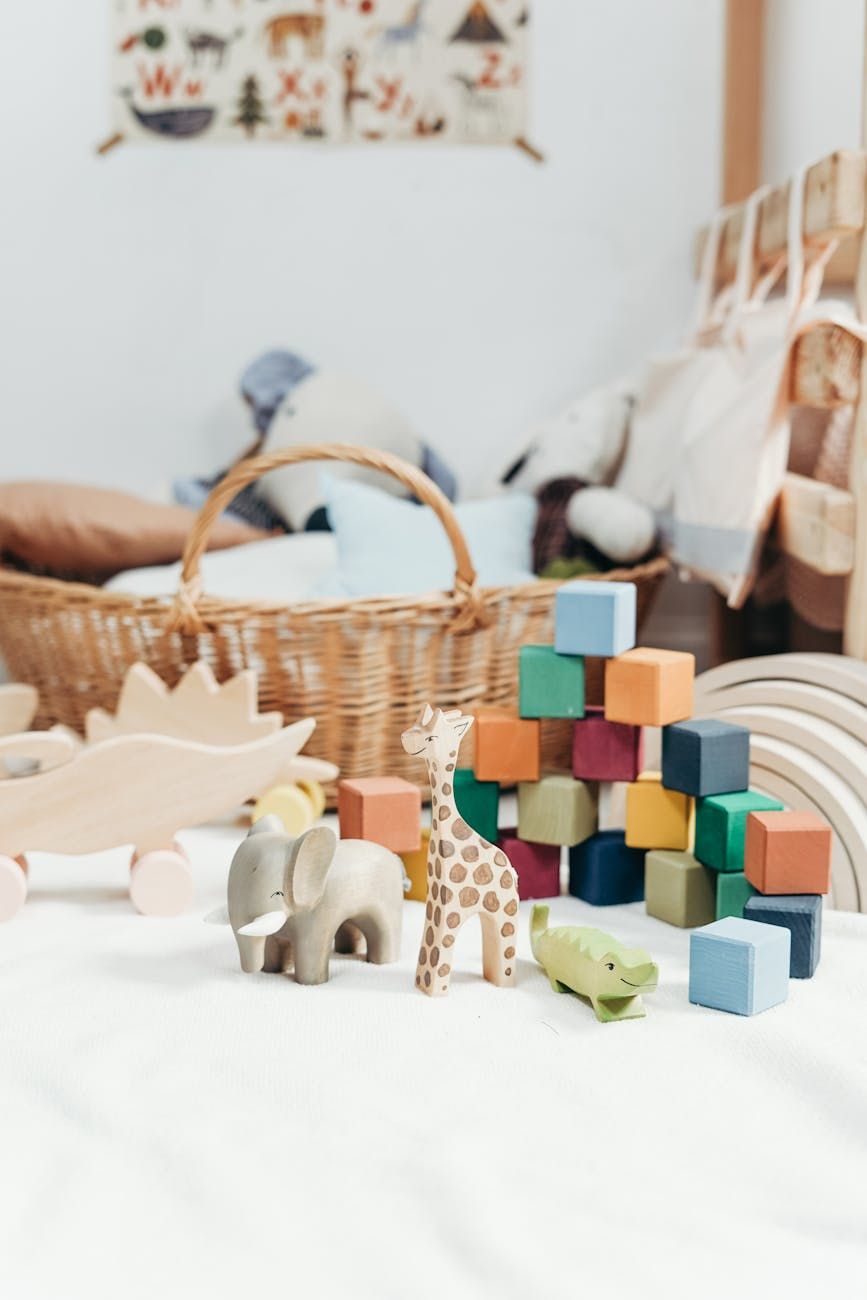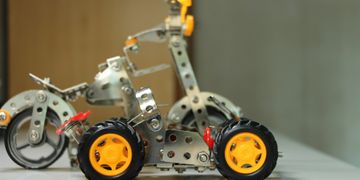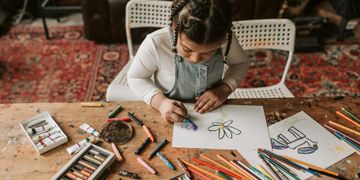The Psychology of Play: Why Toys Matter Beyond Entertainment



Play is often seen as an activity that simply brings joy and entertainment to children. However, the psychology of play reveals that its impact goes far beyond just fun. Toys play a crucial role in child development, influencing cognitive, emotional, and social growth in profound ways.
From building blocks to puzzles, toys are not just objects to keep children occupied. They serve as powerful tools that facilitate learning and development. Educational toys, in particular, are designed to stimulate the mind and encourage exploration, problem-solving, and creativity.
Childhood is a pivotal stage for learning, and play is an essential component of this process. Through play, children can engage in diverse activities that help them make sense of the world around them. Whether it's pretending to be superheroes or creating imaginary worlds with dolls, play allows children to express themselves and develop their creativity.
As children interact with toys, they are also honing their cognitive skills. Puzzles and games require critical thinking and problem-solving, while building sets help improve spatial awareness and fine motor skills. By engaging with different types of toys, children can enhance their cognitive abilities and expand their knowledge base.
Moreover, toys play a significant role in emotional growth. Through play, children learn to navigate their feelings, express themselves, and develop empathy. Dolls and action figures, for instance, enable children to explore different emotions and practice social interactions. By engaging in role-playing scenarios, children can learn about emotions, relationships, and conflict resolution in a safe and supportive environment.
Play-based learning has gained recognition for its effectiveness in promoting holistic development. By integrating play into educational settings, children can learn complex concepts in a fun and engaging way. From math to science, play-based learning allows children to apply theoretical knowledge in a hands-on manner, enhancing their understanding and retention of information.
In the fast-paced digital age, the role of toys in childhood remains as crucial as ever. While technology offers new forms of entertainment, traditional toys continue to provide invaluable opportunities for learning and growth. By incorporating a variety of toys into a child's daily routine, parents and educators can support their development across multiple domains.
Ultimately, the psychology of play underscores the importance of toys in shaping children's lives. Toys serve as more than just playthings – they are vehicles for learning, creativity, and emotional well-being. By recognizing the profound impact of toys on child development, we can cultivate an enriching environment that fosters growth, curiosity, and exploration.




